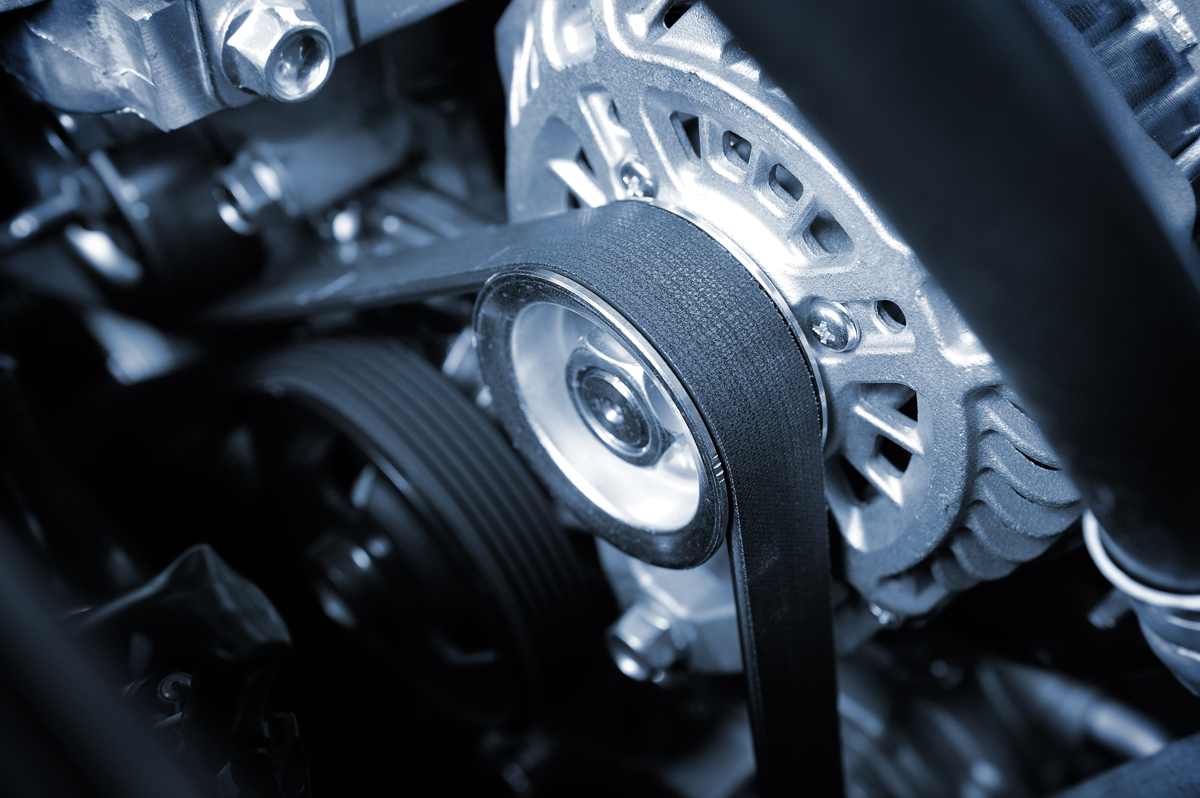
Selecting a reliable lubricant additive supplier is vital for ensuring that you receive high-quality products that improve the performance and longevity of your engines and machinery. Below are some must-have qualities to look for in lubricant additive suppliers.
Product quality and reliability:
The primary quality of a good lubricant additive supplier is their commitment to product quality and reliability. High-quality additives should meet industry standards and be tested for performance and safety. Look for suppliers who offer detailed product specifications, certifications, and test results. Their products should be consistent and deliver the promised benefits, such as improved lubrication, reduced wear, and improved engine protection.
Innovation and research capabilities:
A top-notch supplier should invest in research and development (R&D) to stay ahead of technological advancements and market trends. Innovation in lubricant additives can lead to better performance and more efficient solutions. Choose suppliers who actively develop new formulations and improve existing products through R&D. Their ability to offer innovative solutions can provide a competitive edge and meet evolving industry demands.
Industry experience and reputation:
Experience in the industry often translates to expertise and reliability. Suppliers with a long-standing presence in the market are likely to have a better understanding of customer needs and industry requirements. Research the supplier’s track record, customer reviews, and any awards or recognitions they have received. A strong reputation for quality and service is a good indicator of a dependable supplier.
Regulatory compliance:
Ensure that the lubricant additive supplier complies with relevant industry regulations and standards. This includes certifications such as ISO or API, which demonstrate adherence to quality control and safety practices. Compliance with environmental regulations is also important, as it reflects the supplier’s commitment to sustainable practices and responsible product stewardship.
Supply chain and reliable delivery systems:
A good supplier should have a robust supply chain and reliable delivery systems to ensure that you receive products on time and in the required quantities. Check their inventory management practices and delivery schedules to avoid disruptions in your operations. Efficient logistics and a reliable supply chain are essential for maintaining continuous operations and minimizing downtime.
Competitive pricing and value:
While price shouldn’t be the only consideration, it’s important to find a supplier that offers competitive pricing without compromising on quality. Assess the value provided by the supplier, including the performance and benefits of their additives relative to their cost. Look for suppliers who offer transparent pricing and flexible terms that align with your budget and needs.
